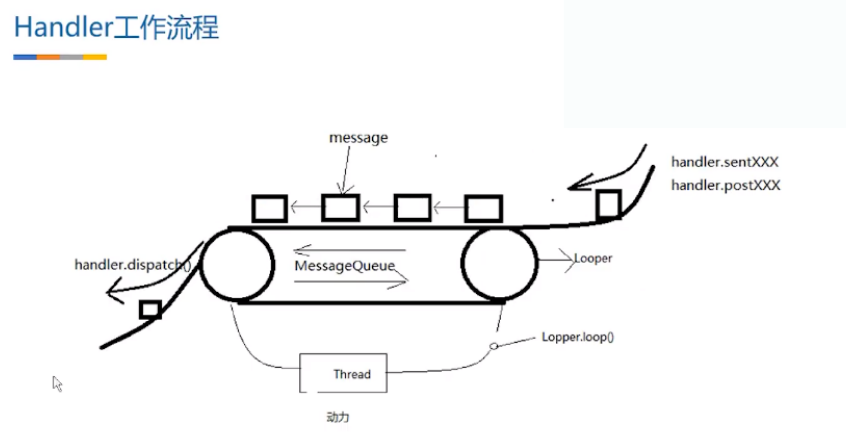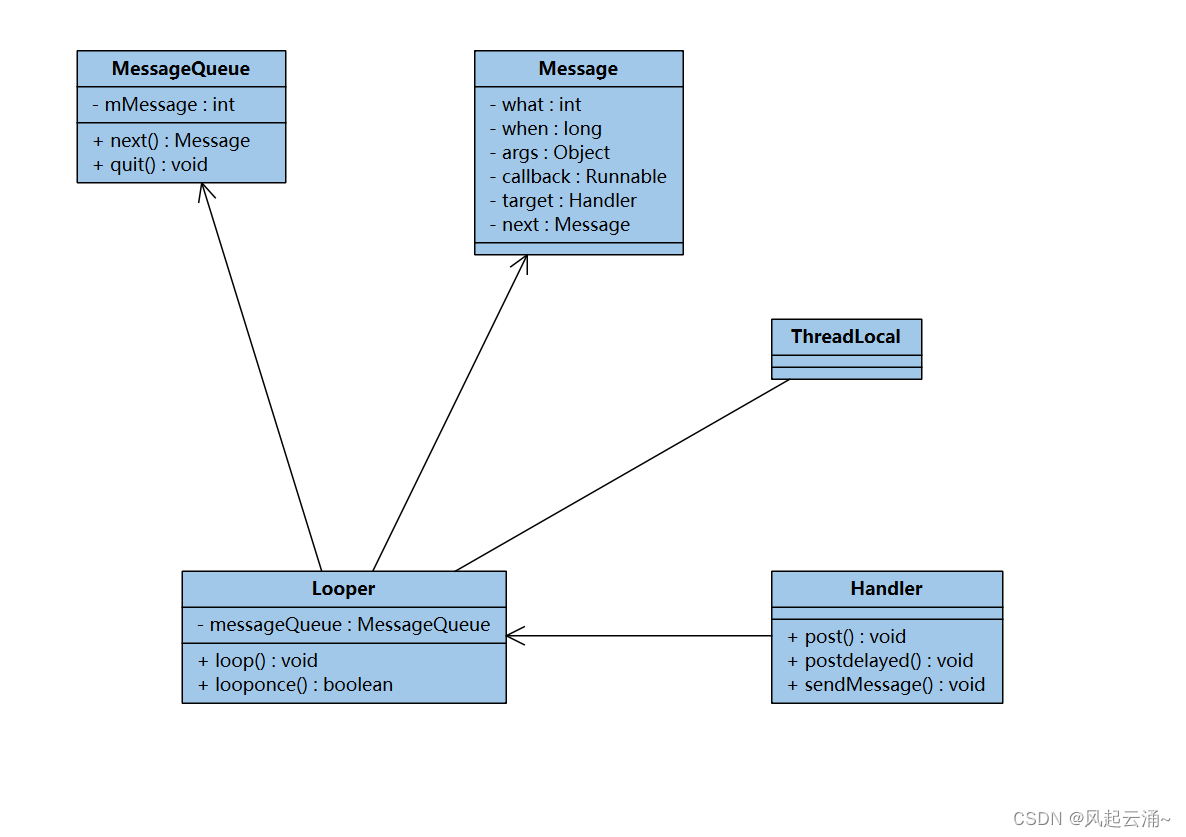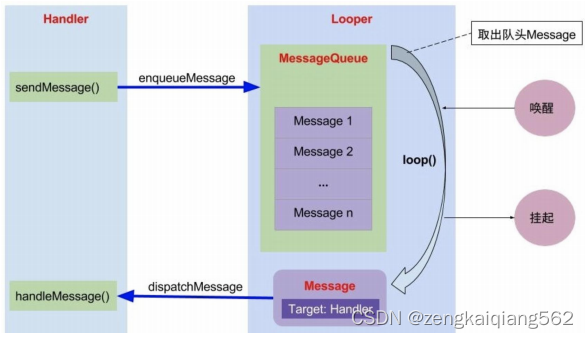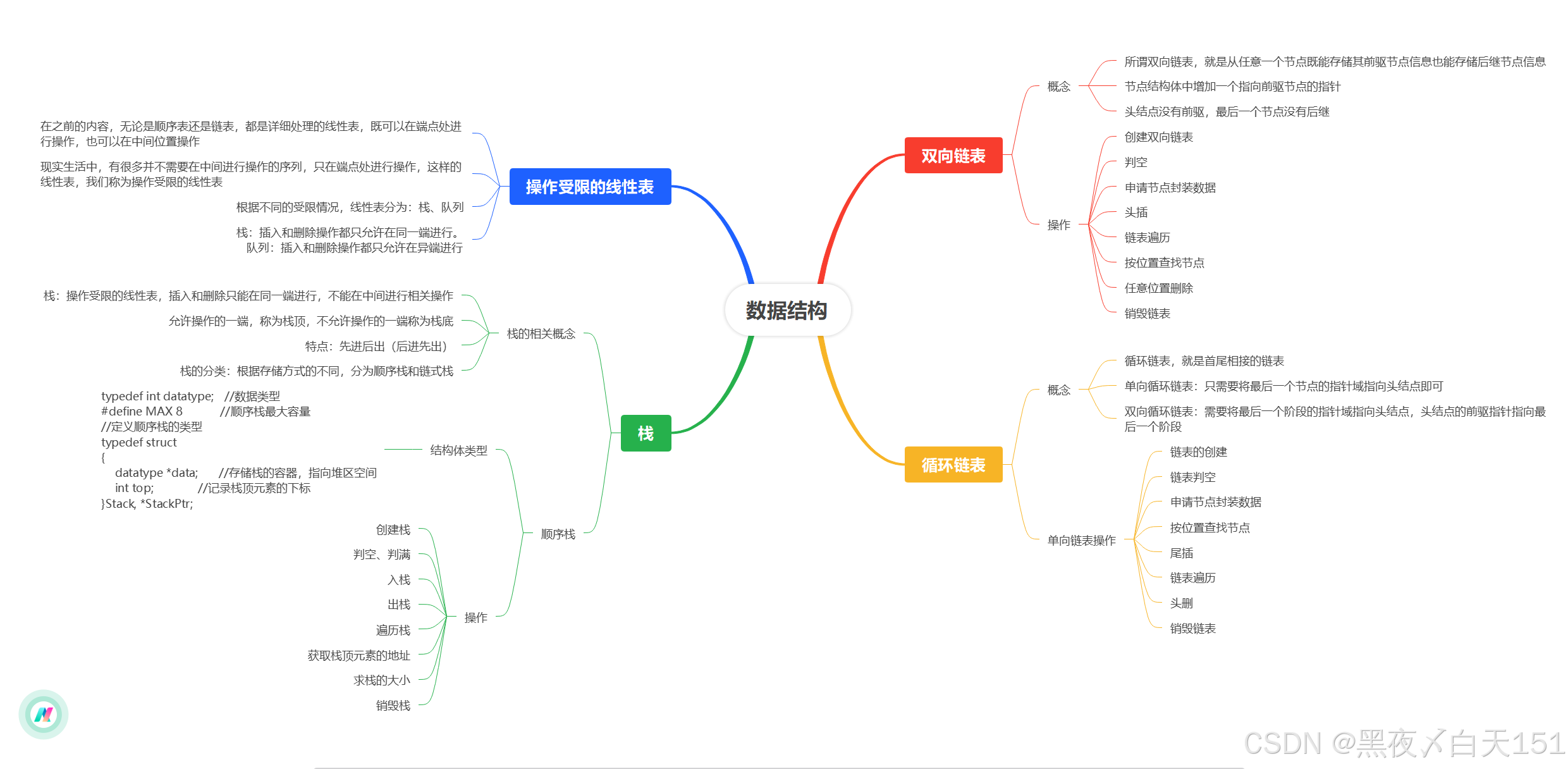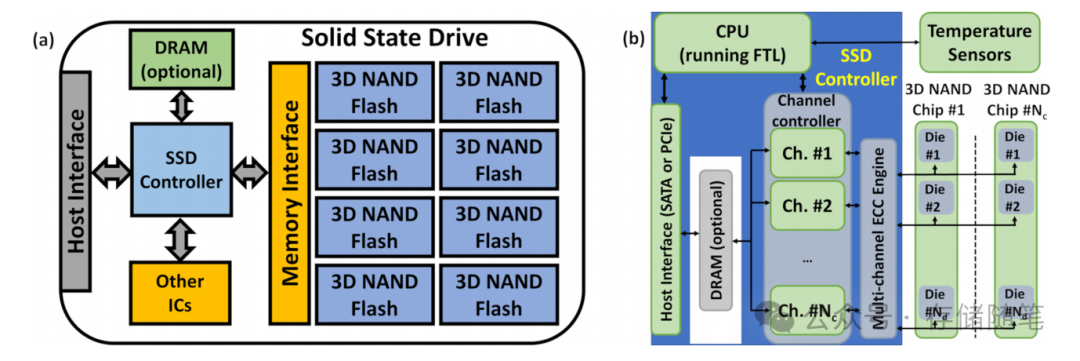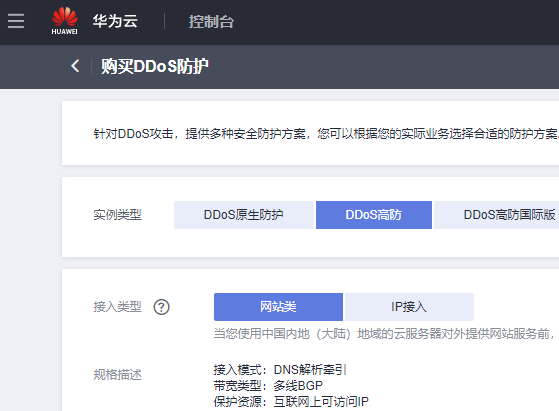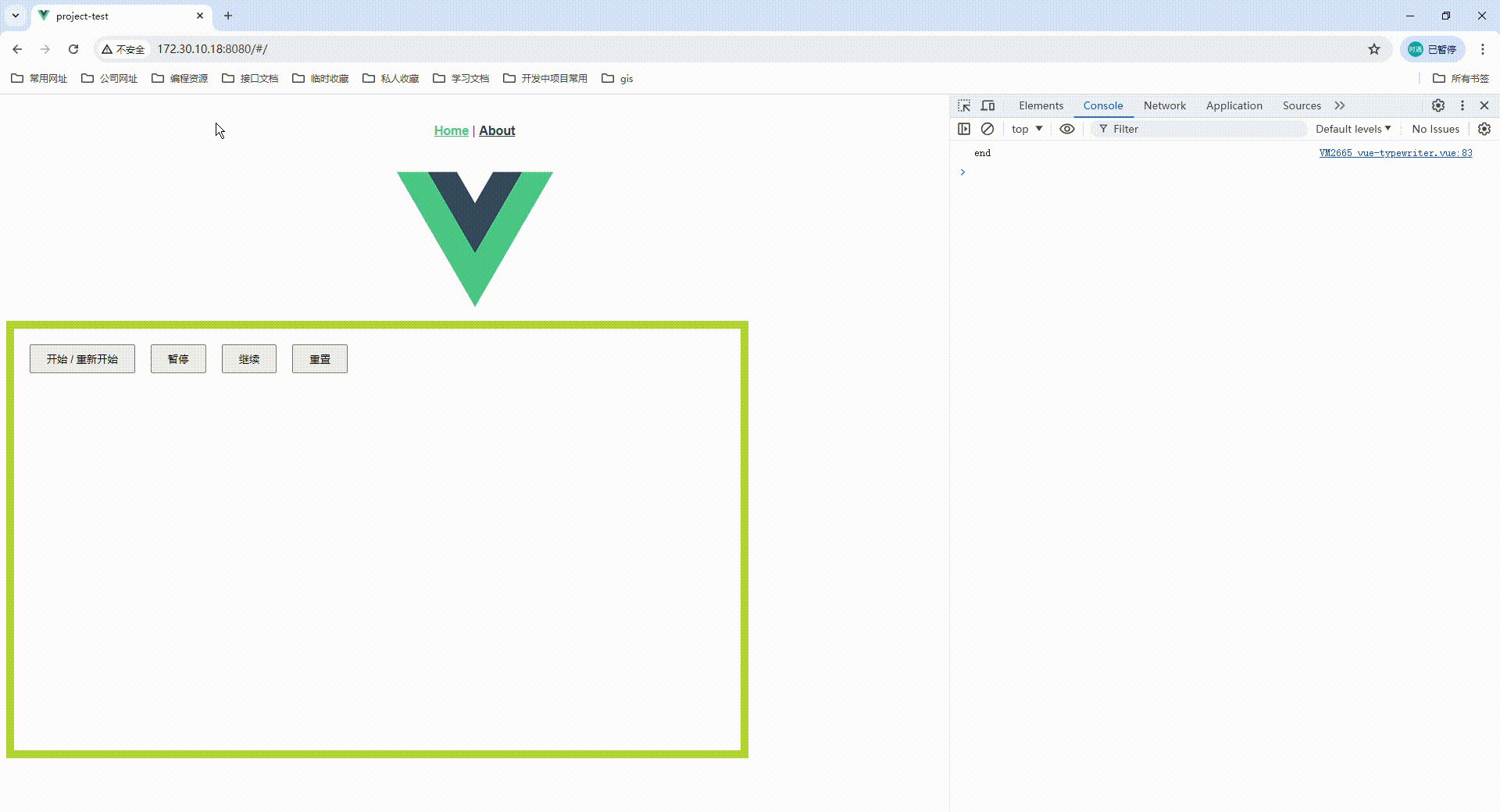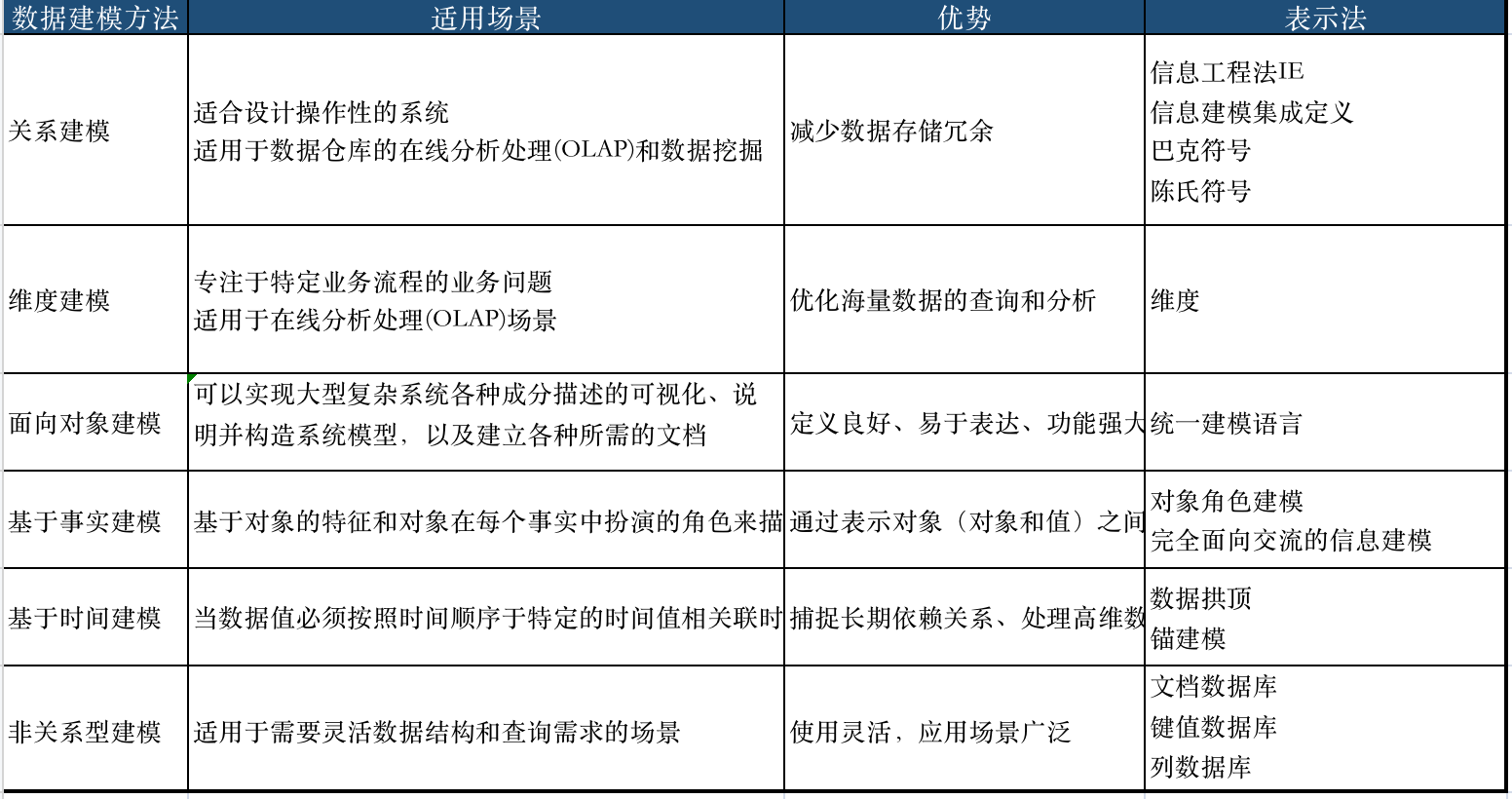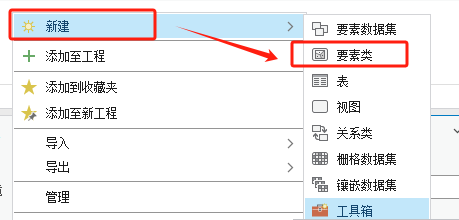提起handler我们就不得不谈epoll
epoll的主要机制是:
1)调用epoll_create()建立一个epoll对象(在epoll文件系统中为这个句柄对象分配资源)
2)调用epoll_ctl向epoll对象中添加事件的套接字
3)调用epoll_wait收集发生的事件的连接
从Android 2.3开始,Google把Handler的阻塞/唤醒方案从Object#wait()/notify()改成了用Linux epoll来实现。原因是Native层也需要引入一套消息管理机制用于提供给C/C++开发者使用,而现有的阻塞/唤醒方案是为Java层准备的,只支持Java。因此从Android 2.3开始在Native层重新实现了一套阻塞/唤醒方案,Java层弃用Object#wait()/notify(),改为通过jni调用Native进入阻塞态。
接下来我们通过代码来理解
首先我们肯定要先创建消息队列来存放message
我们看下准备方法 在这个ActivityThread类
public static void main(String[] args) {
Trace.traceBegin(Trace.TRACE_TAG_ACTIVITY_MANAGER, "ActivityThreadMain");
// Install selective syscall interception
AndroidOs.install();
// CloseGuard defaults to true and can be quite spammy. We
// disable it here, but selectively enable it later (via
// StrictMode) on debug builds, but using DropBox, not logs.
CloseGuard.setEnabled(false);
Environment.initForCurrentUser();
// Make sure TrustedCertificateStore looks in the right place for CA certificates
final File configDir = Environment.getUserConfigDirectory(UserHandle.myUserId());
TrustedCertificateStore.setDefaultUserDirectory(configDir);
// Call per-process mainline module initialization.
initializeMainlineModules();
Process.setArgV0("<pre-initialized>");
Looper.prepareMainLooper();
Looper.prepareMainLooper();这个方法是我们的关注点
public static void prepareMainLooper() {
prepare(false);
synchronized (Looper.class) {
if (sMainLooper != null) {
throw new IllegalStateException("The main Looper has already been prepared.");
}
sMainLooper = myLooper();
}
}这个方法主要是确保looper的唯一性,我们看下prepare方法
private static void prepare(boolean quitAllowed) {
if (sThreadLocal.get() != null) {
throw new RuntimeException("Only one Looper may be created per thread");
}
sThreadLocal.set(new Looper(quitAllowed));
}
我们看下looper的构造方法
private Looper(boolean quitAllowed) {
mQueue = new MessageQueue(quitAllowed);
mThread = Thread.currentThread();
}我们看下队列的实现方法,
MessageQueue(boolean quitAllowed) {
mQuitAllowed = quitAllowed;
mPtr = nativeInit();
}这里调用了native方法,我们看下实现
static jlong android_os_MessageQueue_nativeInit(JNIEnv* env, jclass clazz) {
NativeMessageQueue* nativeMessageQueue = new NativeMessageQueue();
if (!nativeMessageQueue) {
jniThrowRuntimeException(env, "Unable to allocate native queue");
return 0;
}
nativeMessageQueue->incStrong(env);
return reinterpret_cast<jlong>(nativeMessageQueue);
}NativeMessageQueue::NativeMessageQueue() :
mPollEnv(NULL), mPollObj(NULL), mExceptionObj(NULL) {
mLooper = Looper::getForThread();
if (mLooper == NULL) {
mLooper = new Looper(false);
Looper::setForThread(mLooper);
}
}根据头文件我们也可以看出这里的looper是c++实现的,并非java,第一次肯定为空调用
Looper::Looper(bool allowNonCallbacks)
: mAllowNonCallbacks(allowNonCallbacks),
mSendingMessage(false),
mPolling(false),
mEpollRebuildRequired(false),
mNextRequestSeq(WAKE_EVENT_FD_SEQ + 1),
mResponseIndex(0),
mNextMessageUptime(LLONG_MAX) {
mWakeEventFd.reset(eventfd(0, EFD_NONBLOCK | EFD_CLOEXEC));
LOG_ALWAYS_FATAL_IF(mWakeEventFd.get() < 0, "Could not make wake event fd: %s", strerror(errno));
AutoMutex _l(mLock);
rebuildEpollLocked();
}void Looper::rebuildEpollLocked() {
// Close old epoll instance if we have one.
if (mEpollFd >= 0) {
#if DEBUG_CALLBACKS
ALOGD("%p ~ rebuildEpollLocked - rebuilding epoll set", this);
#endif
mEpollFd.reset();
}
// Allocate the new epoll instance and register the WakeEventFd.
mEpollFd.reset(epoll_create1(EPOLL_CLOEXEC));
LOG_ALWAYS_FATAL_IF(mEpollFd < 0, "Could not create epoll instance: %s", strerror(errno));
epoll_event wakeEvent = createEpollEvent(EPOLLIN, WAKE_EVENT_FD_SEQ);
int result = epoll_ctl(mEpollFd.get(), EPOLL_CTL_ADD, mWakeEventFd.get(), &wakeEvent);
LOG_ALWAYS_FATAL_IF(result != 0, "Could not add wake event fd to epoll instance: %s",
strerror(errno));
for (const auto& [seq, request] : mRequests) {
epoll_event eventItem = createEpollEvent(request.getEpollEvents(), seq);
int epollResult = epoll_ctl(mEpollFd.get(), EPOLL_CTL_ADD, request.fd, &eventItem);
if (epollResult < 0) {
ALOGE("Error adding epoll events for fd %d while rebuilding epoll set: %s",
request.fd, strerror(errno));
}
}
}
这里调用了epoll_create1,epoll实例也就被创建了
创建之后就该使用了,看下流程,我们肯定调用Looper.loop(),来等待方法
public static void loop() {
final Looper me = myLooper();
if (me == null) {
throw new RuntimeException("No Looper; Looper.prepare() wasn't called on this thread.");
}
if (me.mInLoop) {
Slog.w(TAG, "Loop again would have the queued messages be executed"
+ " before this one completed.");
}
me.mInLoop = true;
// Make sure the identity of this thread is that of the local process,
// and keep track of what that identity token actually is.
Binder.clearCallingIdentity();
final long ident = Binder.clearCallingIdentity();
// Allow overriding a threshold with a system prop. e.g.
// adb shell 'setprop log.looper.1000.main.slow 1 && stop && start'
final int thresholdOverride =
SystemProperties.getInt("log.looper."
+ Process.myUid() + "."
+ Thread.currentThread().getName()
+ ".slow", -1);
me.mSlowDeliveryDetected = false;
for (;;) {
if (!loopOnce(me, ident, thresholdOverride)) {
return;
}
}
}我们看下loopOnce实现
@SuppressWarnings({"UnusedTokenOfOriginalCallingIdentity",
"ClearIdentityCallNotFollowedByTryFinally"})
private static boolean loopOnce(final Looper me,
final long ident, final int thresholdOverride) {
Message msg = me.mQueue.next(); // might block
if (msg == null) {
// No message indicates that the message queue is quitting.
return false;
}
// This must be in a local variable, in case a UI event sets the logger
final Printer logging = me.mLogging;
if (logging != null) {
logging.println(">>>>> Dispatching to " + msg.target + " "
+ msg.callback + ": " + msg.what);
}
// Make sure the observer won't change while processing a transaction.
final Observer observer = sObserver;
final long traceTag = me.mTraceTag;
long slowDispatchThresholdMs = me.mSlowDispatchThresholdMs;
long slowDeliveryThresholdMs = me.mSlowDeliveryThresholdMs;
final boolean hasOverride = thresholdOverride >= 0;
if (hasOverride) {
slowDispatchThresholdMs = thresholdOverride;
slowDeliveryThresholdMs = thresholdOverride;
}
final boolean logSlowDelivery = (slowDeliveryThresholdMs > 0 || hasOverride)
&& (msg.when > 0);
final boolean logSlowDispatch = (slowDispatchThresholdMs > 0 || hasOverride);
final boolean needStartTime = logSlowDelivery || logSlowDispatch;
final boolean needEndTime = logSlowDispatch;
if (traceTag != 0 && Trace.isTagEnabled(traceTag)) {
Trace.traceBegin(traceTag, msg.target.getTraceName(msg));
}
final long dispatchStart = needStartTime ? SystemClock.uptimeMillis() : 0;
final long dispatchEnd;
Object token = null;
if (observer != null) {
token = observer.messageDispatchStarting();
}
long origWorkSource = ThreadLocalWorkSource.setUid(msg.workSourceUid);
try {
msg.target.dispatchMessage(msg);
if (observer != null) {
observer.messageDispatched(token, msg);
}
dispatchEnd = needEndTime ? SystemClock.uptimeMillis() : 0;
} catch (Exception exception) {
if (observer != null) {
observer.dispatchingThrewException(token, msg, exception);
}
throw exception;
} finally {
ThreadLocalWorkSource.restore(origWorkSource);
if (traceTag != 0) {
Trace.traceEnd(traceTag);
}
}
if (logSlowDelivery) {
if (me.mSlowDeliveryDetected) {
if ((dispatchStart - msg.when) <= 10) {
Slog.w(TAG, "Drained");
me.mSlowDeliveryDetected = false;
}
} else {
if (showSlowLog(slowDeliveryThresholdMs, msg.when, dispatchStart, "delivery",
msg)) {
// Once we write a slow delivery log, suppress until the queue drains.
me.mSlowDeliveryDetected = true;
}
}
}
if (logSlowDispatch) {
showSlowLog(slowDispatchThresholdMs, dispatchStart, dispatchEnd, "dispatch", msg);
}
if (logging != null) {
logging.println("<<<<< Finished to " + msg.target + " " + msg.callback);
}
// Make sure that during the course of dispatching the
// identity of the thread wasn't corrupted.
final long newIdent = Binder.clearCallingIdentity();
if (ident != newIdent) {
Log.wtf(TAG, "Thread identity changed from 0x"
+ Long.toHexString(ident) + " to 0x"
+ Long.toHexString(newIdent) + " while dispatching to "
+ msg.target.getClass().getName() + " "
+ msg.callback + " what=" + msg.what);
}
msg.recycleUnchecked();
return true;
}
epoll主要是用来消息处理的,我们看下消息的获得方法 Message msg = me.mQueue.next();
@UnsupportedAppUsage
Message next() {
// Return here if the message loop has already quit and been disposed.
// This can happen if the application tries to restart a looper after quit
// which is not supported.
final long ptr = mPtr;
if (ptr == 0) {
return null;
}
int pendingIdleHandlerCount = -1; // -1 only during first iteration
int nextPollTimeoutMillis = 0;
for (;;) {
if (nextPollTimeoutMillis != 0) {
Binder.flushPendingCommands();
}
nativePollOnce(ptr, nextPollTimeoutMillis);
synchronized (this) {
// Try to retrieve the next message. Return if found.
final long now = SystemClock.uptimeMillis();
Message prevMsg = null;
Message msg = mMessages;
if (msg != null && msg.target == null) {
// Stalled by a barrier. Find the next asynchronous message in the queue.
do {
prevMsg = msg;
msg = msg.next;
} while (msg != null && !msg.isAsynchronous());
}
if (msg != null) {里面调用了nativePollOnce,消息没有到指定时间就会阻塞住
static void android_os_MessageQueue_nativePollOnce(JNIEnv* env, jobject obj,
jlong ptr, jint timeoutMillis) {
NativeMessageQueue* nativeMessageQueue = reinterpret_cast<NativeMessageQueue*>(ptr);
nativeMessageQueue->pollOnce(env, obj, timeoutMillis);
}
void NativeMessageQueue::pollOnce(JNIEnv* env, jobject pollObj, int timeoutMillis) {
mPollEnv = env;
mPollObj = pollObj;
mLooper->pollOnce(timeoutMillis);
mPollObj = NULL;
mPollEnv = NULL;
if (mExceptionObj) {
env->Throw(mExceptionObj);
env->DeleteLocalRef(mExceptionObj);
mExceptionObj = NULL;
}
}最后由调用到looper
int Looper::pollOnce(int timeoutMillis, int* outFd, int* outEvents, void** outData) {
int result = 0;
for (;;) {
while (mResponseIndex < mResponses.size()) {
const Response& response = mResponses.itemAt(mResponseIndex++);
int ident = response.request.ident;
if (ident >= 0) {
int fd = response.request.fd;
int events = response.events;
void* data = response.request.data;
#if DEBUG_POLL_AND_WAKE
ALOGD("%p ~ pollOnce - returning signalled identifier %d: "
"fd=%d, events=0x%x, data=%p",
this, ident, fd, events, data);
#endif
if (outFd != nullptr) *outFd = fd;
if (outEvents != nullptr) *outEvents = events;
if (outData != nullptr) *outData = data;
return ident;
}
}
if (result != 0) {
#if DEBUG_POLL_AND_WAKE
ALOGD("%p ~ pollOnce - returning result %d", this, result);
#endif
if (outFd != nullptr) *outFd = 0;
if (outEvents != nullptr) *outEvents = 0;
if (outData != nullptr) *outData = nullptr;
return result;
}
result = pollInner(timeoutMillis);
}
}之后处理完交给pollInner
int Looper::pollInner(int timeoutMillis) {
#if DEBUG_POLL_AND_WAKE
ALOGD("%p ~ pollOnce - waiting: timeoutMillis=%d", this, timeoutMillis);
#endif
// Adjust the timeout based on when the next message is due.
if (timeoutMillis != 0 && mNextMessageUptime != LLONG_MAX) {
nsecs_t now = systemTime(SYSTEM_TIME_MONOTONIC);
int messageTimeoutMillis = toMillisecondTimeoutDelay(now, mNextMessageUptime);
if (messageTimeoutMillis >= 0
&& (timeoutMillis < 0 || messageTimeoutMillis < timeoutMillis)) {
timeoutMillis = messageTimeoutMillis;
}
#if DEBUG_POLL_AND_WAKE
ALOGD("%p ~ pollOnce - next message in %" PRId64 "ns, adjusted timeout: timeoutMillis=%d",
this, mNextMessageUptime - now, timeoutMillis);
#endif
}
// Poll.
int result = POLL_WAKE;
mResponses.clear();
mResponseIndex = 0;
// We are about to idle.
mPolling = true;
struct epoll_event eventItems[EPOLL_MAX_EVENTS];
int eventCount = epoll_wait(mEpollFd.get(), eventItems, EPOLL_MAX_EVENTS, timeoutMillis);
// No longer idling.
mPolling = false;
// Acquire lock.
mLock.lock();最后又调用到关键方法epoll_wait来等待。

